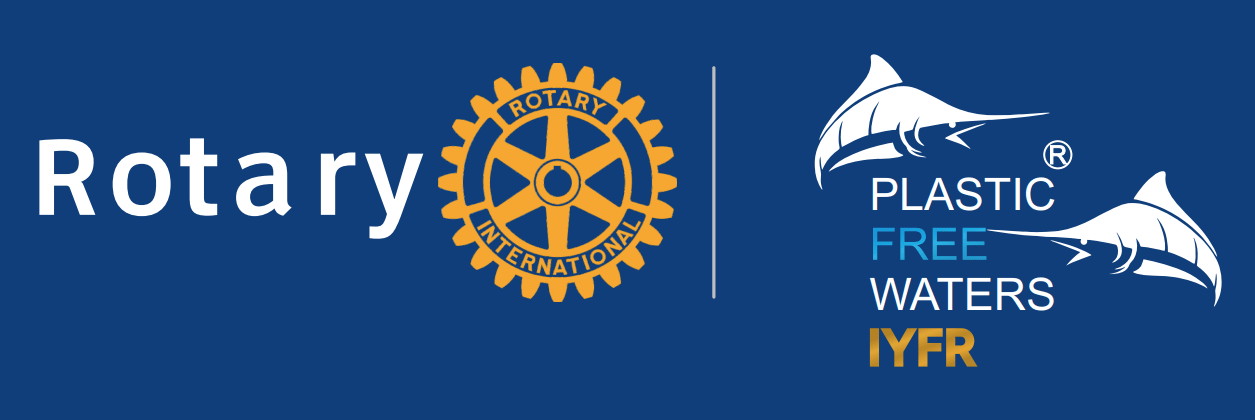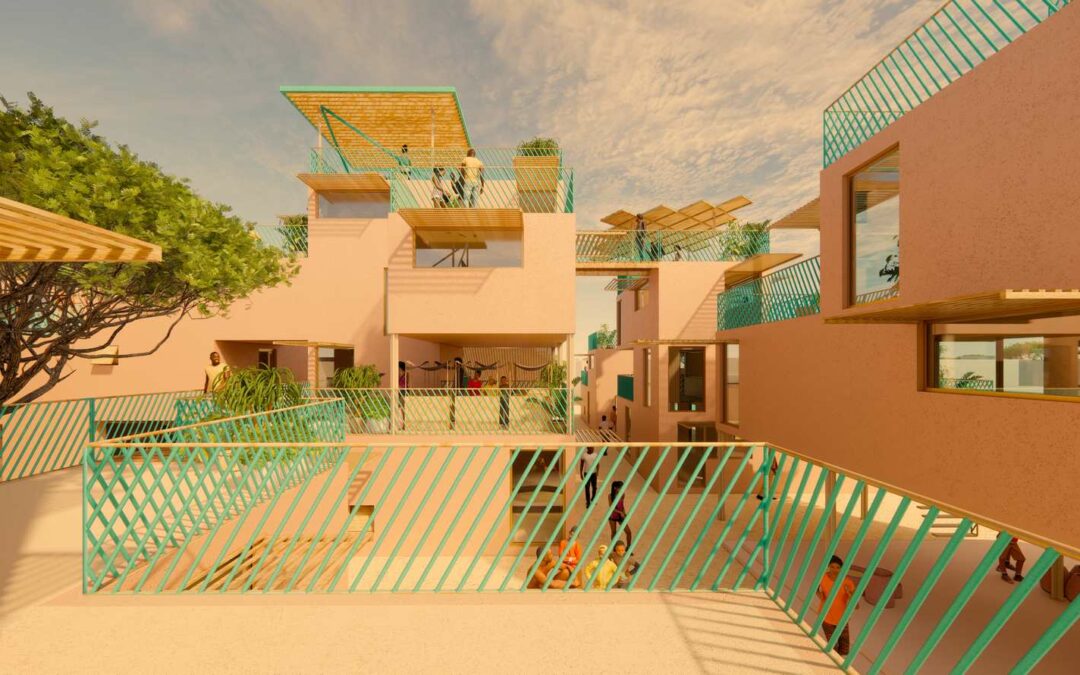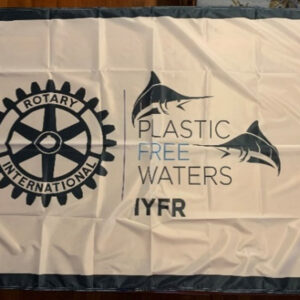È possibile trasformare i rifiuti di plastica in alloggi economici? L’enorme problema dei rifiuti plastici va risolto non solo con la raccolta differenziata, in modo che alla fine non si trovino in mare o sotto terra, ma immaginando un riutilizzo #riciclo in settori non consueti per la plastica. Questo proposto qui da Othalo https://www.othalo.com/ è una delle soluzioni che può essere interessante. Si tratta di prefabbricare elementi di case (o altro tipo di costruzioni) con plastica riciclata, così una volta assemblati insieme costruiscono molti elementi della casa. Gli elementi non sono una produzione standard ma possono venire prefabbricati in base a progettazioni diverse di volta in volta.
For decades, companies have relied on disposable plastic packaging to bag and contain products worldwide. Today, the staggering detrimental effects of this plastic dependence are well-known: since the 1950’s, over 9 billion tons of plastic have been produced, only 9% of which was recycled; around the world, one million plastic bottles are bought every minute and two million plastic bags are used every minute; and per the Plastic Pollution Coalition, by 2050, the oceans will contain more plastic than fish by weight. Moreover, plastic is a petroleum product, and its production only further contributes to the devastating climate effects of mass fossil fuel use.
So as concerns over pollution and global warming escalate, other humanitarian issues, notably homelessness, remain equally pressing. According to the United Nations Human Settlements Program, 1.6 billion people around the world live in inadequate housing, and available data suggests that over 100 million people have no housing at all. In Sub-Saharan Africa alone, the immediate need for low-cost housing is 160 million units and is expected to increase to 350 million by 2050. Moreover, COVID-19 has only exacerbated this issue of homelessness and the houseless have been especially vulnerable to contracting the disease. Thus, on World Habitat Day earlier this month, UN-Habitat launched a partnership with the Norwegian startup Othalo to combat both issues—plastic pollution and homeless—at once.
Othalo, formally established in 2019, is known for its patented technology that mass produces building systems from recycled plastic waste. These buildings can include housing, refugee shelters, temperature controlled mobile storage units for food and medicine, schools, and hospitals. Moreover, all of these structures are affordable, sustainable, eco-friendly, and meet modern living standards—and are all made of recycled plastic. A single 60 square meter home upcycles eight tons of plastic; with the amount of plastic waste currently polluting the planet, one billion Othalo homes could be manufactured.
Furthermore, according to a press video by Othalo, these fabricated building systems are designed to be flexible and can be molded to meet endless possibilities. Othalo’s designers created a series of modules that can be locked together, permitting a wide variety of buildings to be made from these core components. In the video, it suggests whole communities of Othalo plastic housing designed to meet the needs of the surrounding area.
The founder of Othalo, Frank Cato Lahti, has worked on developing this technology since 2016 in partnership with SINTEF and the University in Tromsø. Now, he has also teamed up with architect Julien De Smedt and Young Global Leader Silje Vallestad. From an architectural standpoint, De Smedt said of the Othalo project: “In thinking new environments we will set our focus towards the co-creation of living conditions in direct partnership with the local communities and end users. What we find particularly uplifting in our approach as a company and as architects is the desire to bridge the manufacturing world with the one of the local crafts and culture.” As the project continues to unfold now in partnership with UN-Habitat, it becomes more urgent than ever that the company adheres to its stated goals.
#Rotary #Recycle








